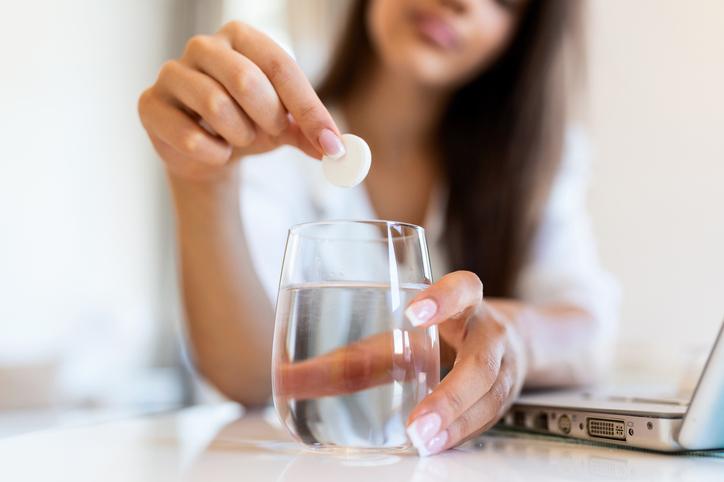28 марта 2022
How Does Breast Plastic Surgery Affect Your Health?


28 марта 2022
How Does Breast Plastic Surgery Affect Your Health?
## Question 1: Can mammaplasty cause cancer?
Studies have proven that [breast](https://ul.orna.me/KOge/librarydisease?id=131) implants produced over the past 50 years do not cause cancer. Silicone is an inert material. It is widely used in medicine — for example, in vascular prosthetics. Additionally, breast implants are used for breast reconstruction after a previous instance of breast cancer.
## Question 2: Do breast implants cause mastitis?
Mastopathy leads to cystic fibrosis and in some cases, it can transform into a malignant tumor. However, ===the implants reduce this possibility due to the moderate compression of the cysts.
## Question 3: Can the implant cause allergies?
The silicone used in endoprosthesis is inert, so it cannot cause an allergic reaction. However, some types of suture material, medications, and patches can cause allergies.
## Question 4: Can a mammary gland inflammation develop?
Yes, this sometimes happens after surgery. Causes of [inflammation](https://ul.orna.me/KOge/librarydisease?id=78) can include an infection introduced during surgery or early physical activity in the postoperative period. At this time, the implant is not yet covered by a fibrous sheath. Because it is not encapsulated, it rubs on the surrounding tissues. Acute respiratory infections can also cause inflammation, which requires a course of antibiotics and drainage.
## Question 5: What causes lumps to form in the breast?
This sometimes happens. The cause can be calcification, which is a deposit of calcium salts around the implant that results in a feeling of compaction and discomfort. You can try to get rid of calcifications with injections, but this method does not always help. Most often, in this situation, you have to do a second surgery to replace the implants.
## Question 6: What does the accumulated fluid in my breast mean?
An accumulation of serous fluid between the implant and the tissues is called a seroma. When seroma occurs, your breasts become deformed and asymmetrical. Typically, this occurs if large size endoprosthesis has been used. Seroma can also be caused by vascular damage during surgery, allergic reaction to suture threads, poorly performed drainage procedure, bleeding tissues, hypertension, physical activity during recovery and not wearing compression underwear. Small seromas resolve on their own. If the fluid accumulation is severe, drainage is necessary.
## Question 7: Will the surgery affect the sensitivity of the breast?
The surgery damages the small nerves that run along the walls of the chest and lead to the nipples. Sensitivity of nipples and breast tissues is typically restored in 3–6 months, and more rarely it can take 1–2 years.
## Question 8: What can cause breast pain and implant deformity?
Excessive growth of fibrous tissue of the capsule can deform the implant and change the shape of the breast. If this happens, the woman will experience painful sensations. If the contracture is evident, the implant must be removed.
## Question 9: Can the implant leak?
This possibility is very frightening for women. In the early days of plastic surgery, it happened more often because the first implants were very different from the modern implants. According to a large-scale study by American doctors, only 0.5 % of patients fall into the risk zone, and the leading manufacturers of endoprostheses give a lifetime guarantee for the integrity of their shells. Nevertheless, the implant can be damaged if there is a lot of pressure on the breast such as a car accident or a fall from a great height.
## Question 10: Do breast exams get in the way of implants?
Implants don't interfere with ultrasound or MRI examinations. Mammography, on the other hand, can cause issues as there is a risk of damaging the implant.













